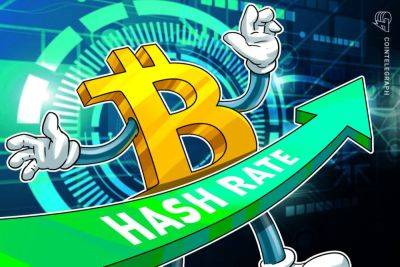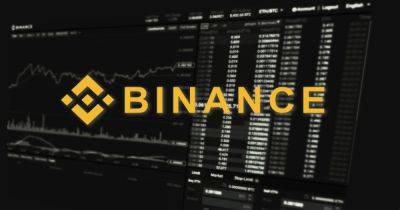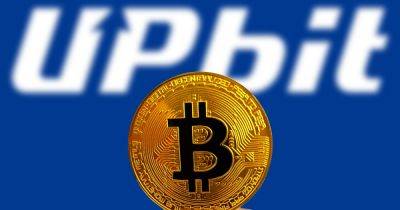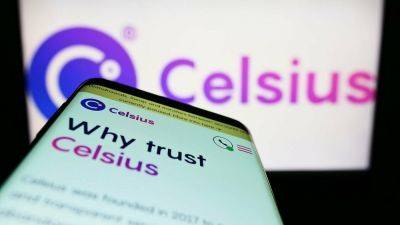Blockchain takes the stage at Longevity+DeSci summit in New York
Those seeking to slow the progress of time spent a few days immersed in that possibility from Aug. 10–11 at the Capitale conference hall in downtown New York City.
There, the sixth-annual Longevity+DeSci summit convened for its third in-person event — sequestered to online sessions amid the COVID-19 pandemic — following successful editions at the Cooper Union.
This year also marked the first time that the event’s organizer, Lifespan.io, included decentralized science (DeSci) in the title, despite the growing phenomenon’s close ties to the field of longevity.
Decentralized science has proven a hot byproduct of blockchain’s emergence that researchers and investors are watching — even if the principles underpinning it date back to the early 2000s. Simply defined, DeSci is science that takes place outside of traditional academia.
In his opening remarks on the conference’s first day, mathematician and programmer turned Disney tech head Keith Comito — who founded Lifespan.io in 2014 — likened DeSci to the Jimmy Fund, an advocacy group that conducted telethons throughout the last century to raise awareness and money for cancer research, catapulting their cause to a global health priority.
Nevertheless, blockchain technology and its many emergent phenomena like play-to-earn (P2E) games and decentralized autonomous organizations (DAOs) have empowered a new chapter in DeSci, opening channels for ambitious biotech firms to fund exploration into their endeavors and forego the narrow pathways to finite (and competitive) National Institute of Health (NIH) grants.
Todd White, steward of the Coordination Working Group at VitaDAO, spoke to this facet of the DeSci equation in his keynote remarks, which truly kicked off the conference’s
Read more on cointelegraph.com






















